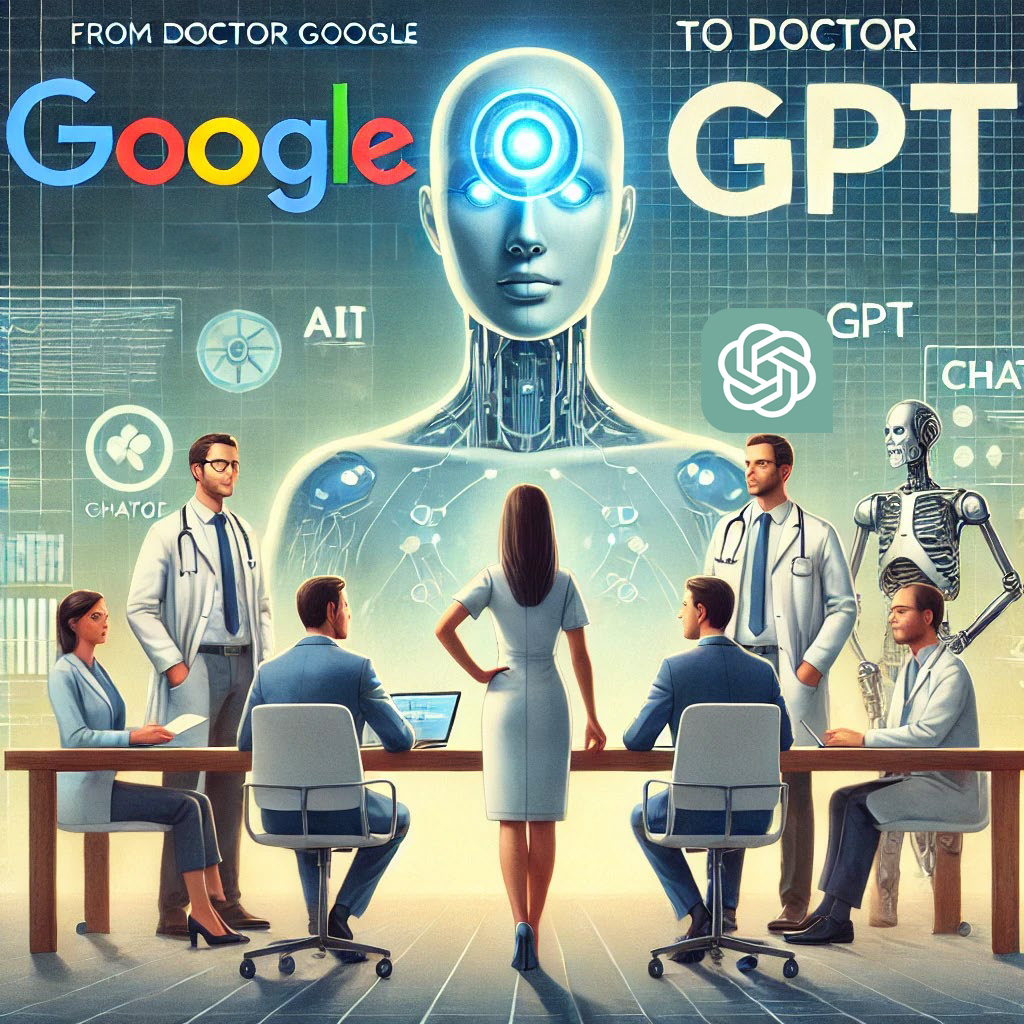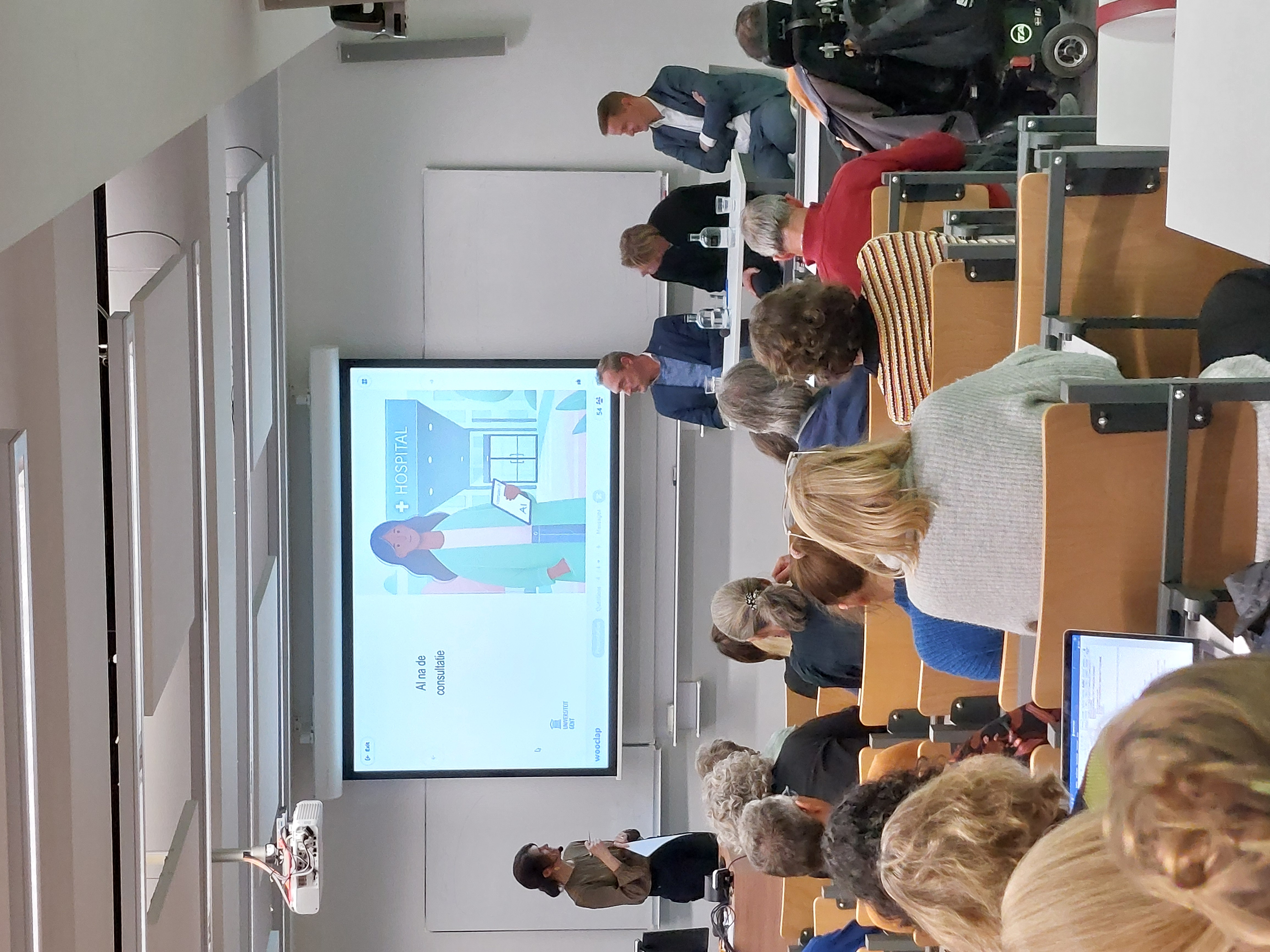On November 19, 2024, the question "How will artificial intelligence (AI) impact the patient-physician relationship?" took center stage during an engaging debate organized by Metamedica and the Ghent Health Academy for Lifelong Learning (GHALL). This discussion, held between experts and the audience, explored significant ethical and legal issues surrounding the role of AI in healthcare.
The debate evening was moderated by two HINT.GENT members: Prof. Heidi Mertes, a bioethicist, and Prof. Tom Goffin, a health law expert, both of whom are involved in the HINT.GENT initiative to develop an ethical and legal framework for AI in healthcare. Together with general practitioner Dr. Peter Pype, ethicist Prof. Seppe Segers, and the engaged audience, the conversation delved deeper into the opportunities and challenges AI brings.

A notable takeaway from the evening was the audience's positive enthusiasm regarding the possibility of AI-driven triage before a visit to the general practitioner. At the same time, it was emphasized that training AI algorithms requires meticulous care to ensure they are representative of various healthcare environments, such as general practices, after-hours clinics, and emergency departments.
The idea of using generative AI during consultations was also well-received, provided adequate safeguards are in place. It is crucial that patients have a say in the process and that the physician continues to serve as the "human in the loop." Key concerns raised included liability in the case of errors, the representativeness of AI-generated recommendations for minority groups, and the necessity of preserving the human factor in healthcare. The “care” must not disappear from healthcare.

Another topic of discussion was the role of AI after consultations, such as in patient follow-up. The audience expressed significant interest in AI-supported aftercare but also emphasized the need for "tailored AI" that takes into account digital (il)literacy and the specific needs of diverse patient groups.
The evening also highlighted that developing AI applications in healthcare requires vast amounts of data. The question of how to use this data securely and without violating privacy remains a major challenge. In Europe, there are already regulations such as the GDPR and the AI Act, but specific guidelines for AI in healthcare will also need to be developed.
In summary, the debate presented an optimistic yet realistic view of the future. AI offers tremendous potential to make healthcare more efficient and accessible, but maintaining patient trust remains crucial. This can only be achieved through close collaboration between medical professionals, IT experts, ethicists, and legal experts, ensuring that advancements in medicine and technology go hand in hand with law and ethics.